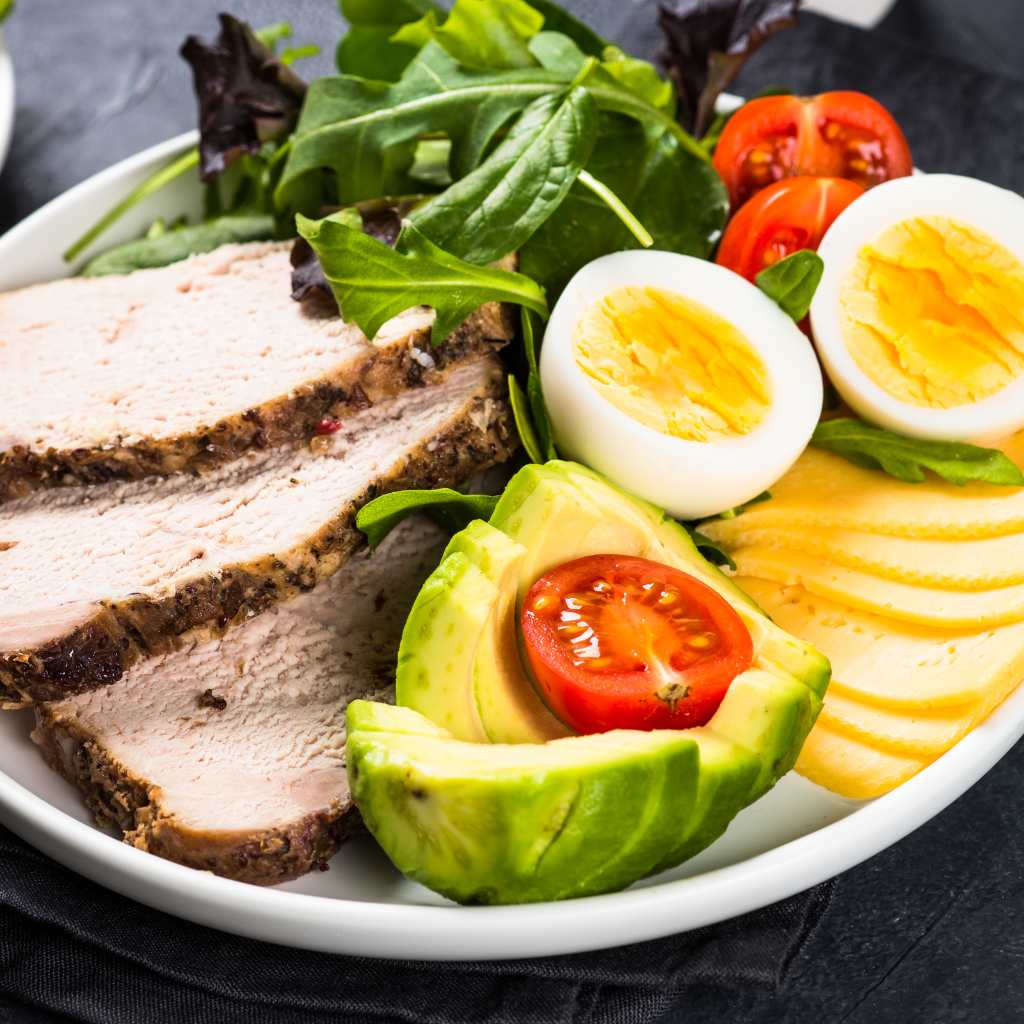Menu
Solving Insulin Resistance
Insulin resistance, also known as metabolic syndrome or pre-diabetes, is a dangerous health condition that is becoming more and more prevalent today. The predisposing factors for insulin resistance include genetics, poor diet, high intake of carbohydrates and trans fats, inactive lifestyle, smoking and stress.
What is Insulin?
Insulin is a hormone produced by the pancreas to transport glucose from the bloodstream to cells, where it is used to produce energy. Insulin responds directly to what you eat. One of its main roles is to maintain blood glucose levels within a fairly narrow range: not too low (hypoglycaemia) and not too high (hyperglycaemia). It is also known as the fat-storing hormone because if there is an excess of glucose in the blood that cannot be stored in the cells it gets converted to fat by insulin.
Insulin Resistance Explained
Insulin resistance develops when the pancreas has been producing high levels of insulin for a long period of time. The insulin receptors on the cells eventually become resistant to insulin and do not respond to their signal. This causes the pancreas to pump out even more insulin in an effort to get their signal heard by the cells. Insulin loses its ability to effectively transport glucose into the cells for energy. Therefore insulin resistance is seen when there is a high level of insulin and glucose in the blood stream at the same time.
If this pattern continues for a long period of time, eventually the insulin-producing cells of the pancreas burn out and stop producing enough insulin. This results in type-2 diabetes.
Some of the risk factors for insulin resistance are: high blood pressure, high triglyceride levels, low HDL cholesterol level, high blood sugar and high insulin levels and abdominal weight gain and difficulty losing weight.
If you haven’t been tested but suspect you may be insulin resistant you should ask your doctor to order blood tests that include fasting insulin, fasting blood sugar, HDL and LDL cholesterol, triglycerides and HbA1c.
Solving Insulin Resistance
The key to preventing and treating insulin resistance is to change your lifestyle to one that incorporates suitable exercise, a diet rich is healthy fats, high quality proteins and plenty of fresh vegetables and some fruit. One needs to eat “safe” carbohydrates that do not spike the blood sugar and thus insulin levels. These include root vegetables, some fruits and sprouted grains. One must avoid refined carbohydrates from bread, pasta, baked goods and sugar.
The overall impact of food on blood glucose is affected by the overall composition of a meal – protein, for example, slows the flow of glucose from carbohydrates. This does not cause as much of a stress of the insulin production as eating just refined or simple carbohydrates would.
Avoiding smoking, stress and excess alcohol, while increasing your intake of antioxidants, will also go a long way to reversing or preventing insulin resistance.
Do you or someone in your family have insulin resistance? Tell us about your experience in the comments below!





